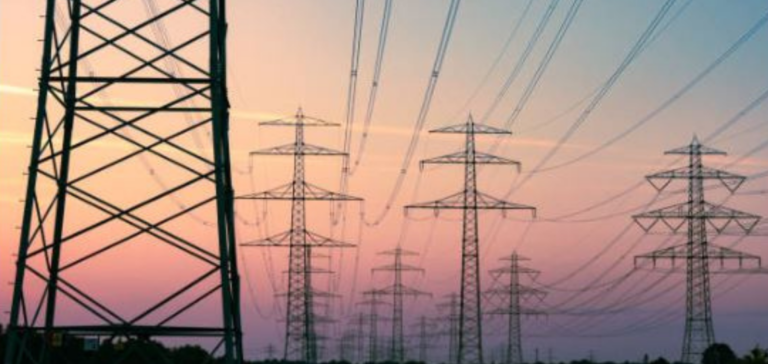In response to unexpected and sometimes hidden rate hikes by some electricity suppliers, France is taking decisive action. These increases, observed between 2021 and 2023, have prompted the French Energy Regulatory Commission (CRE) to propose a reinforced regulatory framework. These proposals, developed in collaboration with the Energy Ombudsman, suppliers and consumer associations, aim to crack down on unfair practices and boost transparency.
Tariff Abuse: Deceptive Practices and Unilateral Changes
Abuses range from misleading information to unilateral contract modifications. Cases have been reported where tariff increases have been applied without adjusting direct debits, resulting in high adjustment bills. Some suppliers have changed their tariff indexation from regulated prices to wholesale market prices, resulting in significant price increases.
Offer categorization: Fixed Price, Indexed Price and Other Options
The CRE proposes to clarify offers into three categories: fixed-price, indexed-price and other offers. It also suggests amending the Consumer Code to oblige suppliers to clearly explain the impact of contractual changes. For example, suppliers should provide a detailed comparison of bill trends.
Consumer Protection: Prohibition on Rate Changes and Advance Notice
In addition, CRE recommends a ban on tariff changes during the first year of the contract, and requires suppliers to give two months’ notice of any contractual change. This initiative is designed to give consumers time to react to changes.
Prudential Regulatory Framework: Alignment with Tariff Commitments
CRE also stresses the need for a prudential regulatory framework, obliging suppliers to align their supply with their tariff commitments. In addition, it notes a lack of prudence on the part of some suppliers, who have over-exposed themselves to short-term wholesale markets, leading to sudden price increases or, in some cases, default.
This situation has influenced consumer behavior, with many turning away from alternative suppliers. In 2022, the number of residential customers with these suppliers fell by 3.6%, while the main suppliers, such as EDF, Engie and TotalEnergies, strengthened their position, controlling 94% of the market.
The reforms proposed by CRE aim to restore fairness to the French electricity market. By strengthening transparency and regulation, these measures should protect consumers from abusive practices and ensure a more stable and predictable market.






















